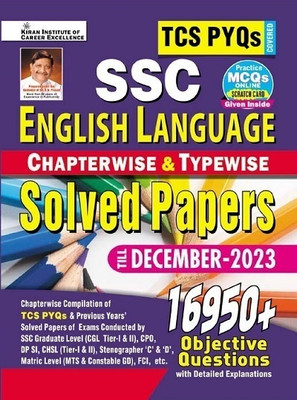
Assumptions or Over-Assumptions : The Story of the 2024 Exit Polls (Paperback, Uday Basu)
Share
Assumptions or Over-Assumptions : The Story of the 2024 Exit Polls (Paperback, Uday Basu)
Be the first to Review this product
₹280
₹295
5% off
Available offers
T&C
T&C
T&C
Delivery
Check
Enter pincode
Delivery by18 Jul, Friday
?
View Details
Highlights
- Binding: Paperback
- Publisher: Rupa Publications India
- ISBN: 9789361560729, 9361560727
- Edition: 1, 2025
- Pages: 144
Services
- Cash on Delivery available?
Seller
Description
Exit polls are regarded as a boon by some and a bane by others. While democracy, of which
elections are an integral part, has now existed for some time in history, exit polls are a relatively
recent phenomenon, having emerged only in the last century. Their workings, from the beginning,
have prompted questions about their predictability, accountability, and accuracy.
In the game of numbers and probabilities, while at times they have hit the bull’s eye, they have also
often derailed the hopes of the masses and the masters. The 2024 General Elections in India became
the posterchild for the latter instance. The off-track numbers brought to light the past misses, a
showdown at the Indian stock exchange, and dramatic political flare-ups. The predictions in India
and some other countries have, over the years, gone wrong far too often to ignore, making the
public as well as experts suspicious of the electoral exercise.
Nevertheless, they have also hit a few sixes that now stand overshadowed. To denounce and cast
away exit polls for their poor success rate would be like throwing the baby out with the bathwater.
At this juncture where their credibility is in question, Assumptions or Over-Assumptions brings to
readers a deep dive into the history, law, sociology, economics and politics of exit polls, with a
special focus on India. While they stand in the court of audience today, it is equally imperative for
us—the audience in question—to evaluate and consider the benefits of exit polls more than their
setbacks and losses.
Read More
Specifications
Book Details
| Publication Year |
|
Contributors
| Author Info |
|
Be the first to ask about this product
Safe and Secure Payments.Easy returns.100% Authentic products.
Back to top




